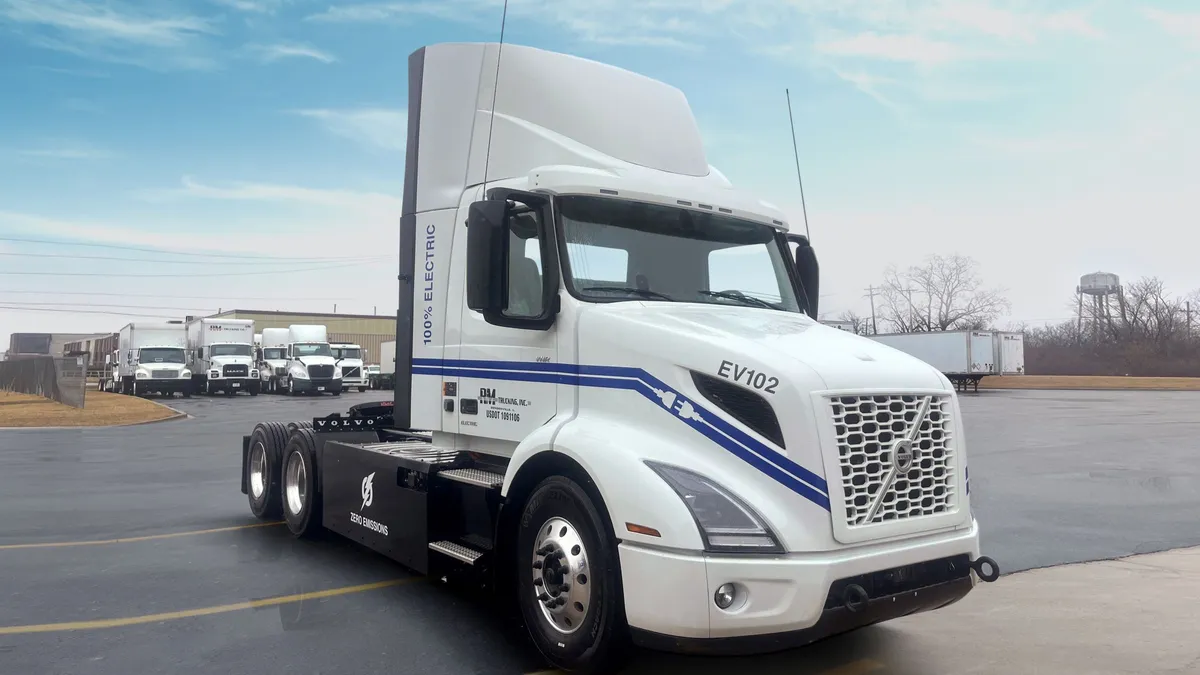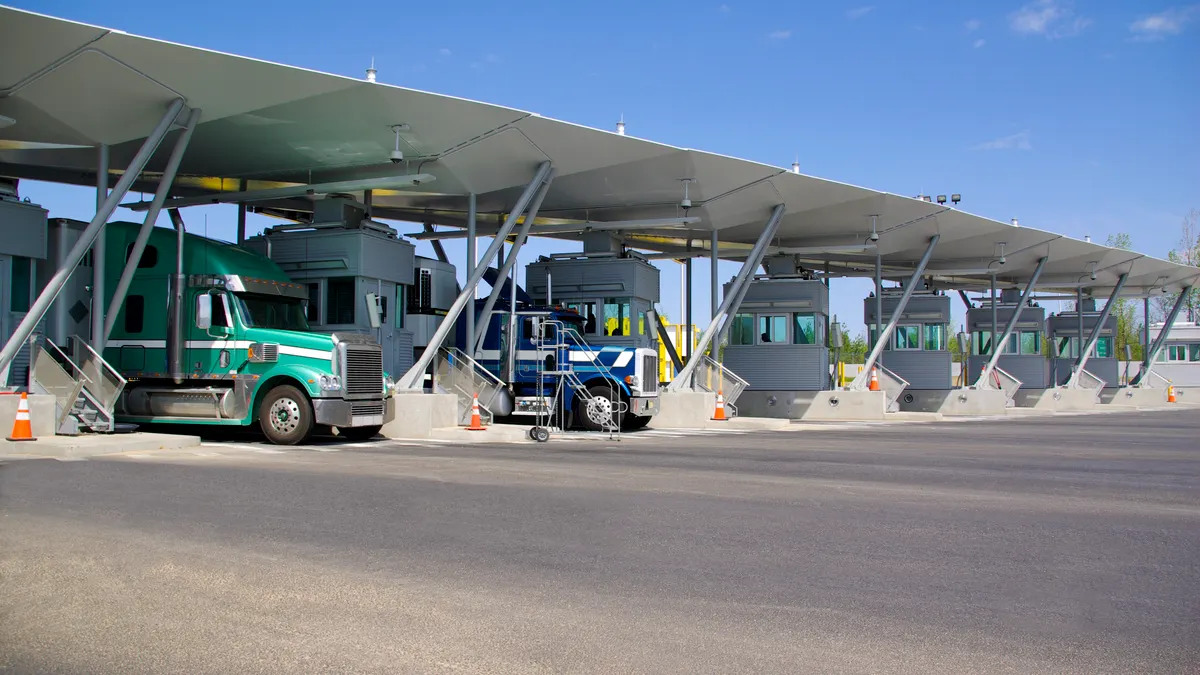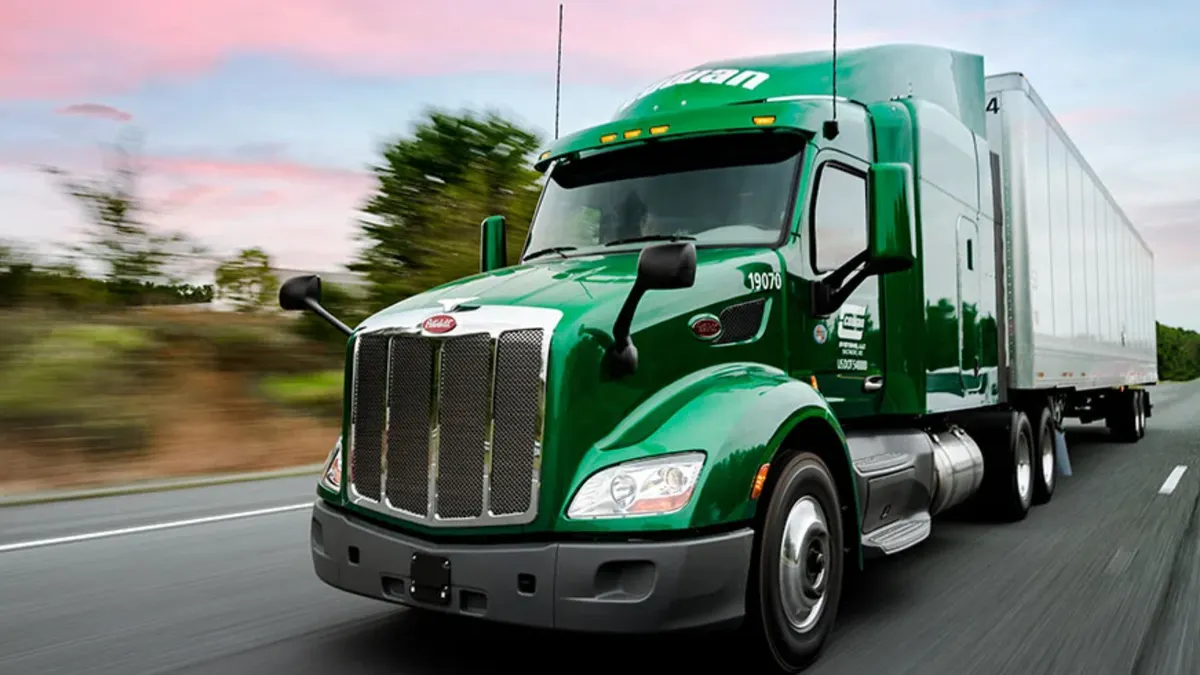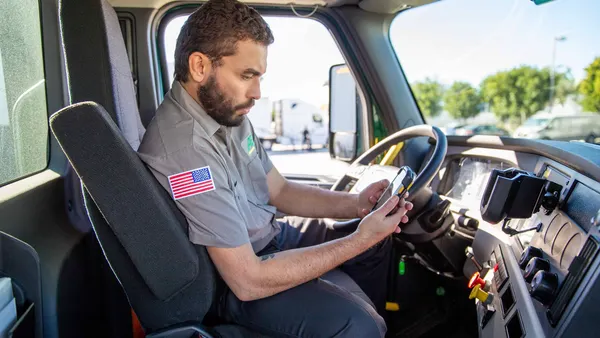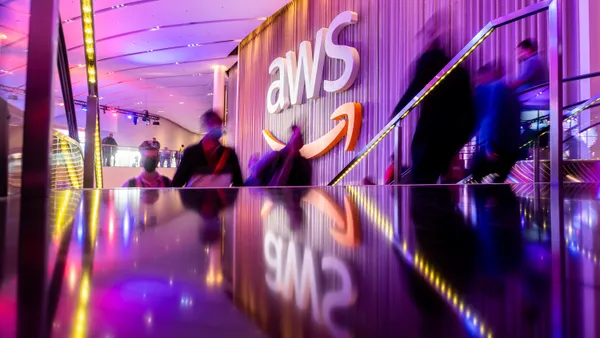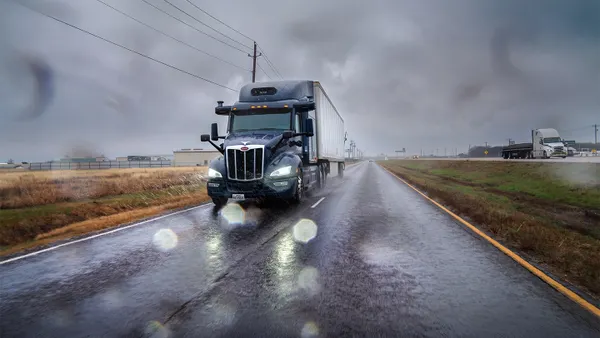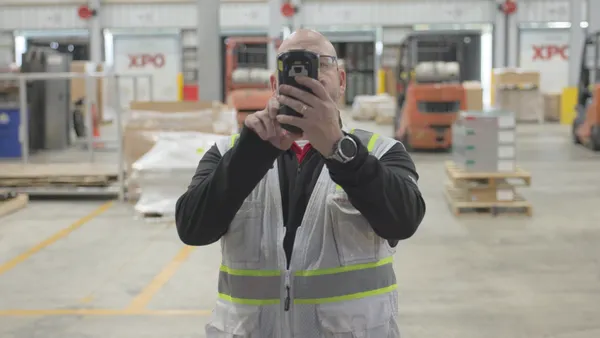Advanced Freight Partners Group, a coalition of trucking, maritime and rail industry leaders, has formed to accelerate the modernization of freight movement and commercial delivery, according to a Sept. 11 press release.
The 45-member organization, which includes trade and policy groups, is led by the Electrification Coalition, a Washington D.C.-based nonprofit that pushes for the widespread adoption of electric vehicles.
In an email, William Marshall, the Electrification Coalition’s freight program manager, said AFPG’s multimodal approach distinguishes it from existing working groups.
“This structure is designed to break down traditional silos between modes and technologies, fostering collaboration that reflects the interconnected nature of modern freight system,” he said. “Rather than duplicating the efforts of existing groups, the AFPG seeks to amplify their work and extend its reach to a broader audience.”
The founding members of the AFPG named in the release include the following people: David Capati, senior manager, energy and environment, American Trucking Associations; Aravind Kailas, advanced technology policy director, Volvo Group North America; Brad Trammell, manager, government affairs, American Waterways Operators; Megan O’Leary, VP and COO, Blue Sky Maritime Coalition; Mike Roeth, executive director, North American Council for Freight Efficiency; and Sam Vercellotti, director of policy, Terawatt Infrastructure.
According to the email, the AFPG will first work to identify shared objectives and priorities. Among its goals for its first year are to identify geographies for deployment, develop its first set of policy recommendations and centralize case studies and other resources that highlight best practices in the industry. In the long-term, the coalition aims for increased public and private investment in infrastructure, including charging and fueling facilities at ports, corridors, and freight hubs, as well as upgrades to grid and digital infrastructure and the adoption of advanced freight technologies.
The AFPG faces several headwinds in its journey to help modernize America’s freight system, however.
While battery-electric commercial vehicle adoption has increased significantly, most user fleets reported that they only account for 1-2% of all their vehicles, according to the State of Sustainable Fleets 2024 report. Additionally, high price points, charging infrastructure gaps, and reliability concerns continue to plague fleet managers.
Marshall said the AFPG is committed to collaborating with its partners to understand their various infrastructure challenges.
“The AFPG will serve as a forum for sharing insights and developing collaborative strategies to drive solutions that reduce costs, improve reliability and efficiency, and address the most significant barriers and bottlenecks faced by industry as the group’s work progresses,” he said in the email.
For now, it’s worth watching the coalition’s progress as trucking companies weigh when — and how fast — to invest in next-generation equipment and infrastructure.


